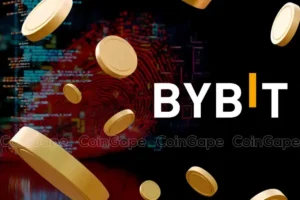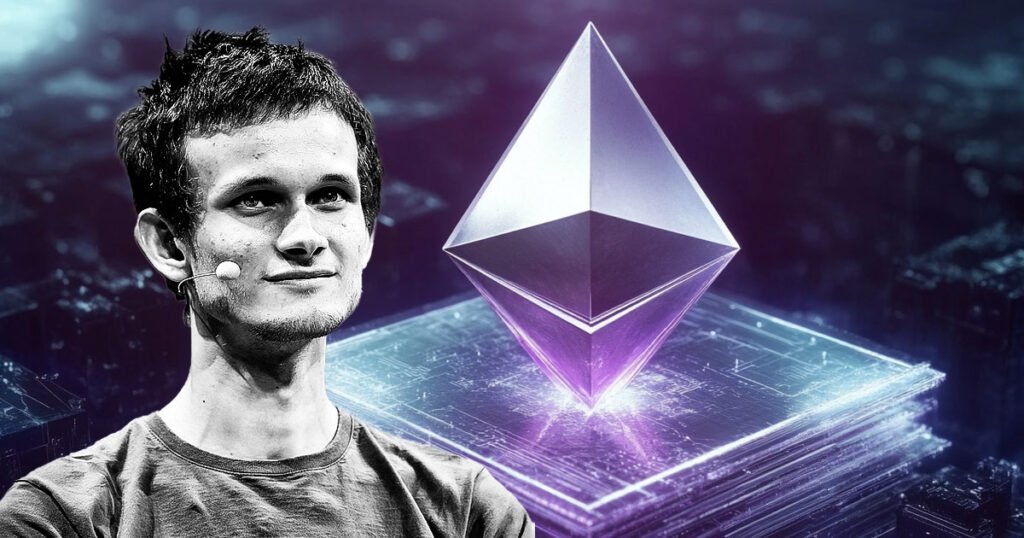Ethereum co-founder Vitalik Buterin recently announced a change in how he will discuss Layer 2 (L2) projects, stating that he will only publicly recognize L2s that have reached Stage 1 or higher in their decentralization efforts. He emphasized the importance of security and outlined the criteria for Stage 1+ rollups, requiring 75% consensus from the council to override the proof system and at least 26% of council members to be independent of the rollup team. Buterin stressed that these requests were reasonable and necessary for the networks’ security. He concluded that the era of rollups being glorified multisigs is coming to an end, and the era of cryptographic trust is upon us.
Criticism of Layer-2 networks, including Ethereum’s, has been on the rise recently. Justin Bons from Cyber Capital raised concerns about their centralized structures, warning that they pose risks such as potential fund theft from users. However, Buterin argued that highly decentralized L2 solutions cannot take users’ funds without reaching a strong consensus. Despite the criticism, Ethereum’s Layer 2 networks like Arbitrum, Optimism, and zkSync have experienced significant growth. Over 80% of Ethereum’s transactions now occur on L2 solutions, indicating a high level of adoption and suggesting that their development will continue to accelerate.
Buterin’s decision to only publicly mention L2s that have achieved Stage 1 or higher in their decentralization efforts marks a shift in his approach to discussing Layer 2 projects. He plans to prioritize networks that meet specific criteria, ensuring a high level of security and decentralization within the ecosystem. This change reflects Buterin’s commitment to promoting trustworthy and secure solutions for Ethereum users, emphasizing the importance of cryptographic trust in the evolving landscape of blockchain technology.
The criteria outlined by Buterin for Stage 1+ rollups include a 75% consensus from the council to override the proof system and at least 26% of council members being independent of the rollup team. These requirements are aimed at maintaining a high level of security and decentralization within Layer 2 networks, safeguarding users’ funds and data. By setting clear standards for L2 projects, Buterin is encouraging developers to prioritize these aspects in their work, ultimately benefiting the entire Ethereum ecosystem.
Buterin’s focus on promoting decentralized and secure solutions within the Layer 2 ecosystem is critical for ensuring the long-term success and sustainability of Ethereum and other blockchain networks. By prioritizing networks that have achieved Stage 1 or higher in their decentralization efforts, Buterin is setting a new standard for the industry, emphasizing the importance of trust and security in the rapidly evolving landscape of blockchain technology. This shift in approach reflects Buterin’s commitment to advancing the Ethereum ecosystem while maintaining a strong focus on user protection and safety.

















